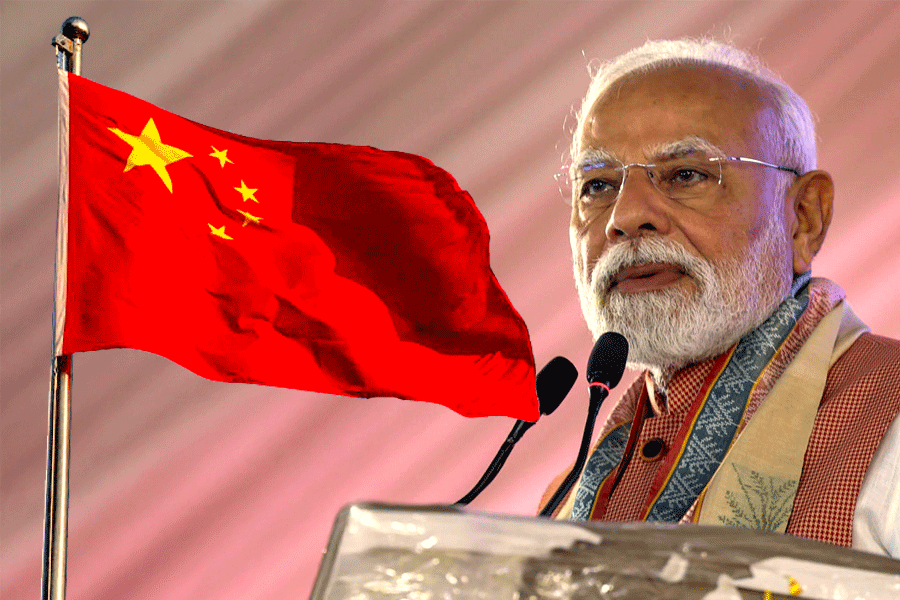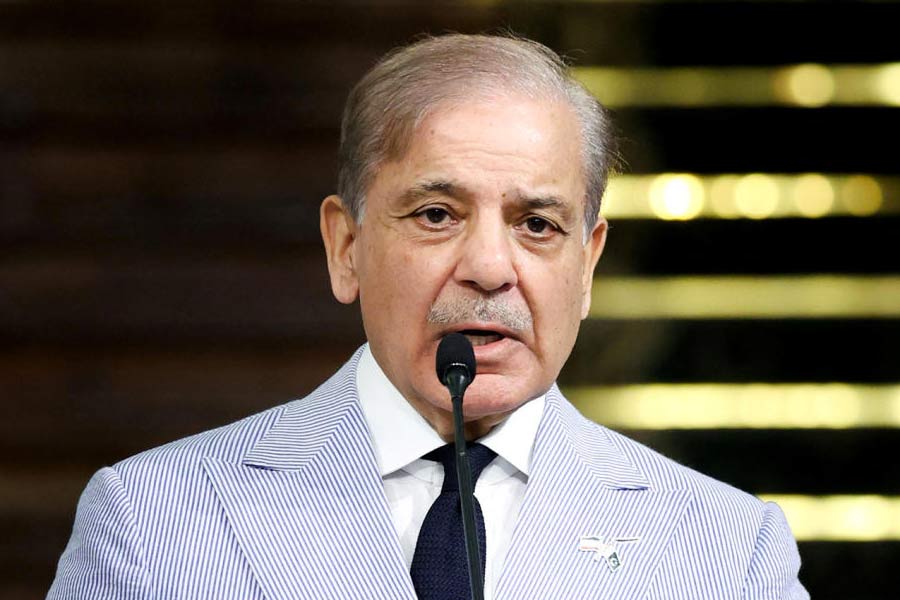Two days ahead of his meeting with Chinese President Xi Jinping, Prime Minister Narendra Modi on Friday underscored the need for the two countries to work together to bring stability to the world economic order in these times of geopolitical flux.
This overture to Beijing comes at a time when India is being singled out by strategic partner US for secondary sanctions as punishment for buying Russian oil, which China does in bigger volumes without facing the music yet.
“Given the current volatility in world economy, it is also important for India and China, as two major economies, to work together to bring stability to the world economic order,” Modi said in an interview with the Japanese newspaper, Yomiuri Shimbun, published during his ongoing Japan visit.
“India is ready to advance bilateral relations from a strategic and long-term perspective on the basis of mutual respect, mutual interest and mutual sensitivity, and to enhance strategic communication to address our developmental challenges,” the Prime Minister said.
This was no off-the-cuff response. According to the Prime Minister’s website, these are part of the “full written response” from him to questions from Yomiuri Shimbun.
Modi was responding to a question on his China visit, specifically “What is the importance of improving relations with China at this time?”
Saying he was visiting China to attend the Shanghai Cooperation Organisation summit in Tianjin, Modi added: “Stable, predictable, and amicable bilateral relations between India and China, as two neighbours and the two largest nations on earth, can have a positive impact on regional and global peace and prosperity.”
Modi stressed that amicable bilateral ties between India and China were crucial for a multi-polar Asia and multi-polar world.
While China agrees with India on the need for a multi-polar world, it has remained silent on a “multi-polar Asia” that India always flags inkeeping with its aspirationsof being recognised as a regional power.
Sunday’s meeting with Xi will be Modi’s second bilateral engagement with him in less than a year. The two last met on the sidelines of the Brics summit in Kazan, Russia, and decided to take incremental steps towards normalising the bilateral relationship after years of hostility following the Galwan clash in June 2020.
Modi’s Japan visit coincides with Tokyo’s own tough negotiations with Washington over tariffs. Reuters reported that Japan’s top trade negotiator cancelled a visit to the US at the last minute on Thursday, further delaying talks designed to finalise a $550-billion investment package offered by Tokyo in exchange for relief on the punishing tariffs.
Foreign secretary Vikram Misri avoided a direct answer when asked whether Modi and Japanese Prime Minister Shigeru Ishiba had, during their bilateral engagement, discussed the issues both countries were facing withUS tariffs.
“Naturally, what is happening in the rest of the world is discussed but today’s discussion focused squarely onour bilateral cooperation,” Misri said.
“On tariffs, we exchanged views on the global situation, the impact that some of these moves have had and how that essentially creates the ground and the logic for closer cooperation between India and Japan, especially in the field of business, the economy, supply chains, making them more resilient, diversifying our resource bases and our supply chains as well.”
India and Japan came out with a joint declaration of security cooperation — an enabling framework for the two countries to better respond to contemporary security challenges. They also decided to set up an institutionalised dialogue between the national security advisers.
A new target of 10 trillion yen ($67 billion) in Japanese private investment into India has been set.











